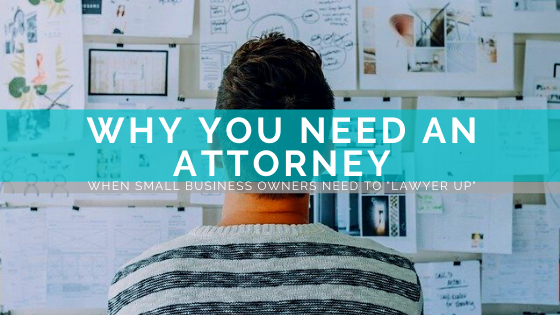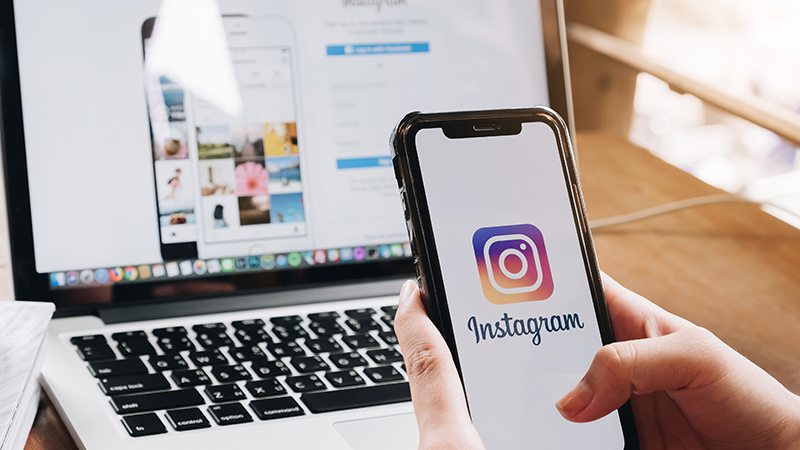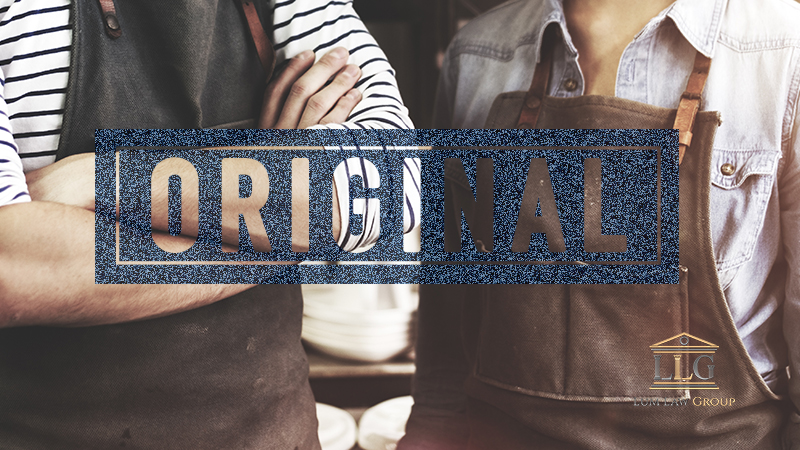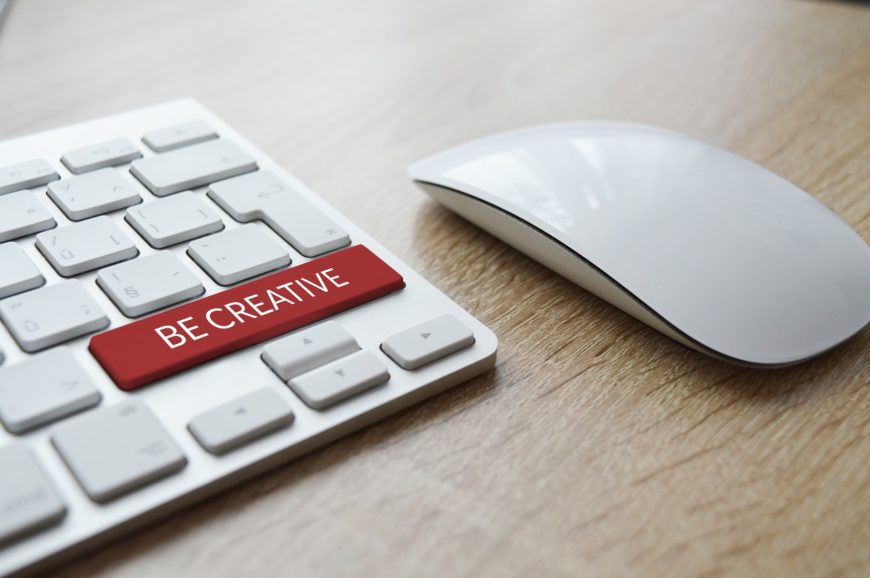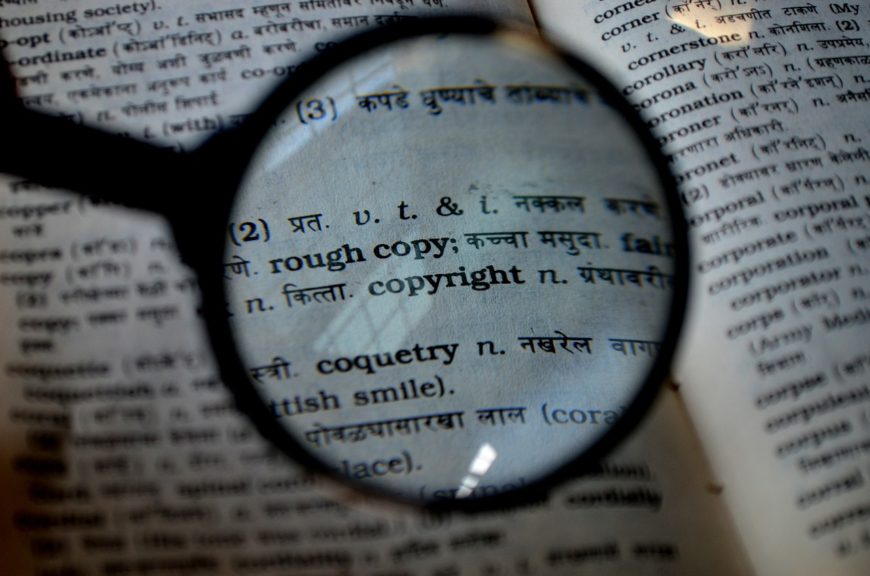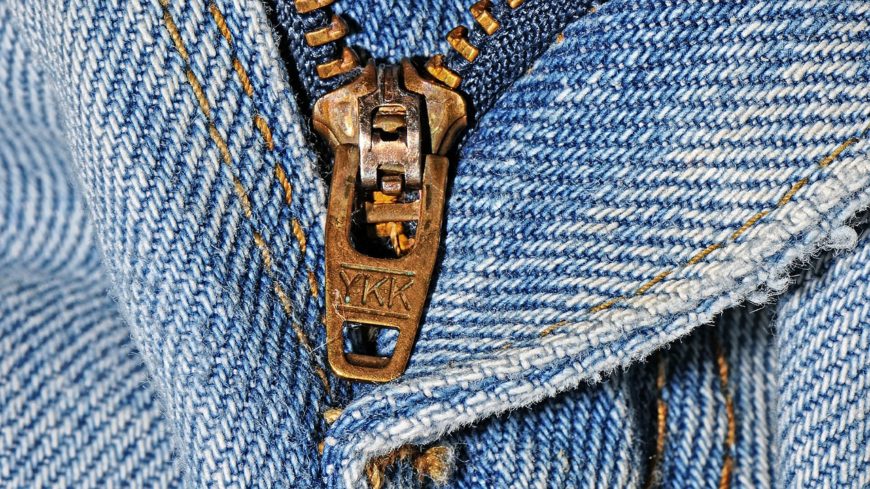When Do Small Business Owners Need to Lawyer-up and Why You Need an Attorney too
If you’re thinking about starting a small business, or perhaps you’re already the owner of one, hiring an attorney may not have crossed your mind. Perhaps you’re worried about the stereotype of how expensive attorneys can be, or maybe you’re a capable do-it-yourself person who doesn’t need help. Either way, this article will give a brief introduction on when and why small business owners may want to hire a lawyer.
1. Forming a Company
When thinking about forming a company, the best time to consult an attorney is before you register it. You don’t necessarily need a lawyer to fill out and file the paperwork for you, but for the tax and legal purposes, you would want to consult an attorney about which type of company structure will fit your business best. An experienced attorney can tell you whether that non-profit organization designation is possible. A lawyer can help you review your business plan to determine whether you should form a limited liability company or corporation. If you’re not sure what the differences and legal consequences for the different types of entities are, you may want to ask a lawyer.
We can tell you if that partnership should be a limited liability partnership. We can also tell you if you should continue with your sole proprietorship, or if you should file for s-corporation status. Having an experienced attorney assess your business plan before you start your business can save you many headaches later down the road.
2. Drafting Contracts
Written contracts clarify what you’re agreeing on and with whom. Since contracts are legally binding, they offer guarantees to small business owners that will prevent future losses. As such, every small business owner should either hire an attorney to draft clear and concise contracts for their business partners, vendors, employees etc.
At the very least, every small business owner should hire an attorney to review a contract that has been offered to you. There are many benefits to hiring an attorney to review your contract. Firstly, it is usually less costly than hiring an attorney to draft a contract on your behalf as it often takes less time. Secondly, the attorney may come up with questions that you will need to ask the other party, thus improving your contract. Finally, the attorney can make additions or point out weaknesses that you may or may not want to address with the other party.
3. Handling Employee Issues
Assuming you heeded our contract advice and properly executed contracts for any and all business partners and employees, you shouldn’t have too many issues regarding termination. However, there could still be issues regarding payments, unlawful termination, discrimination, or harassment. Consulting with an attorney can prevent further losses, and ensure that you are aware of the current employee rights.
4. Licensing
No matter the size of your business, you must follow government licensing regulations. Depending on your location and industry, you may have to adhere to city, county, state, or federal regulations. By consulting an attorney experienced in your industry and located in your area, you can be prepare in advance for the paperwork and fee requirements for your business license.
5. Registering Intellectual Property
If your business has a special name or logo, you may want to register a trademark to protect your brand. If you don’t, you may find that similar business open with similar names or familiar colors and logos as yours, stealing your customers. Or perhaps you are creative and have creations that need to copyright protection. A good intellectual property attorney will assess your business plan, goods, and branding to determine what is the best strategy for protecting your intellectual property, brand, and business.
The issues listed above are just the top five issues on which small business owners should consult an attorney. You may have an issue that has not been listed, or a question you’re not sure needs an attorney. Feel free to comment below, or contact one of our experienced business attorneys for further assistance.

